I have been reading several articles in some psychiatric journals that were discussing the treatment of ADHD in children as well as adults. Not surprisingly, they concluded that the only treatment consisted of the use of psychoactive drugs – stimulants such as Ritalin or Adderal, or antidepressants.
When it came to a non-pharmacologic approach, their conclusion was that there have been no studies supporting this idea.
Of course the idea that psychiatrists would only consider the use of psychotrophic drugs fits comfortably with the fact that psychiatrists no longer practice psychiatry. Instead, their profession has been converted into psychopharmacology. A 15 minute session has replaced the old time 60 minute therapy session.
As a result, there are millions of children and adults being treated with drugs with toxic side effects that even include sudden death. Interestingly, children or adults who do not have ADHD develop all the signs and symptoms of a person with ADHD after starting on these drugs.
So the question arises, how can a drug that causes ADHD be used to treat ADHD? The answer to this question becomes readily apparent when one explores the reason why people have ADHD in the first place. However, before addressing this issue, I need to make a few observations.
The first comment is that people need to be aware that the causation of illness is rarely taught to doctors during their training. An exception to this, however, would be the field of infectious disease where the offending organism is treated. Otherwise, doctors are trained that if a person has a problem the symptoms should be treated with a drug. People are put on drugs to lower blood pressure, treat diabetes, lower cholesterol, relieve pain, or anxiety, or depression, or insomnia, etc.,without looking for a cause.
The only way to cure an illness is to treat the cause of the illness – ADHD is no exception.
The other observation that needs to be made is to comment on what is meant by the term ADHD. If one were to ask most people in the medical field or those people involved with the school system what their definition of ADHD or ADD is, the universal response would be that it is a “learning disorder” and is manifested by having difficulty focusing.
I disagree with this definition. Instead, I refer to it as an “interest disorder” – if they are interested in a subject, they have no trouble focusing. In my book called “Adrenaline Dominance”, I talk about the good, the bad, and the ugly conditions related to excess adrenaline. The only condition that I put into the ‘good’ category is ADHD. The reason it is placed in that category is that for the most part, the most intelligent, creative, successful people in the world have ADHD.
Interestingly, as far as I am aware, this book is the only book ever written that discusses ADHD from the standpoint of excess adrenaline. Adrenaline as a neurotransmitter gives people intelligence and enhances creativity in right-brained people. The people designated as ADHD also have an excess of adrenaline as a hormone making them over-active. People designated as ADD are what I designate as creative type ADHD’s – their hyperactivity is in the brain. I would strongly recommend that those people interested in ADHD should read my book for a full discussion of ADHD as well as many other conditions caused by adrenaline and often felt to be incurable. The book is available on Amazon and my website (www.plattwellness.com).
So to answer the question as to why stimulant drugs cause ADHD, it is because they all raise adrenaline levels. When used in people who have ADHD, the excess adrenaline they provide actually numbs the brain in these people who already have over-adrenalized brains. This numbing feeling is generally why children hate to be on these drugs.
Like any other condition, the most logical approach to treatment is to eliminate the cause of the condition. In the case of ADHD, the lowering of adrenaline can actually cure this condition. To lower adrenaline, one needs to treat the reason why the body is releasing excess adrenaline. The treatment involves providing the fuel that the brain uses to function along with the use of a 5% progesterone cream that is used to block adrenaline and insulin. A complete discussion of the treatment is found in my book “Adrenaline Dominance”. A significant drop in adrenaline can be expected in 24 hours.
For those seeking a specially formulated 5% progesterone cream, PlattPro5% is available on Amazon or on my website plattwellness.com.
Michael E. Platt has been board-certified in internal medicine. He is devoted to wellness, hormones and supplement online store. He is known nationally and internationally as a specialist in bio-identical hormones. He is also the author of “The Miracle of Bio-identical Hormones” and “The Platt Protocol for Hormone Balancing” – a wellness manual for healthcare practitioners.
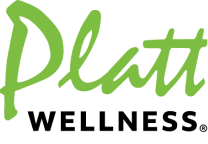
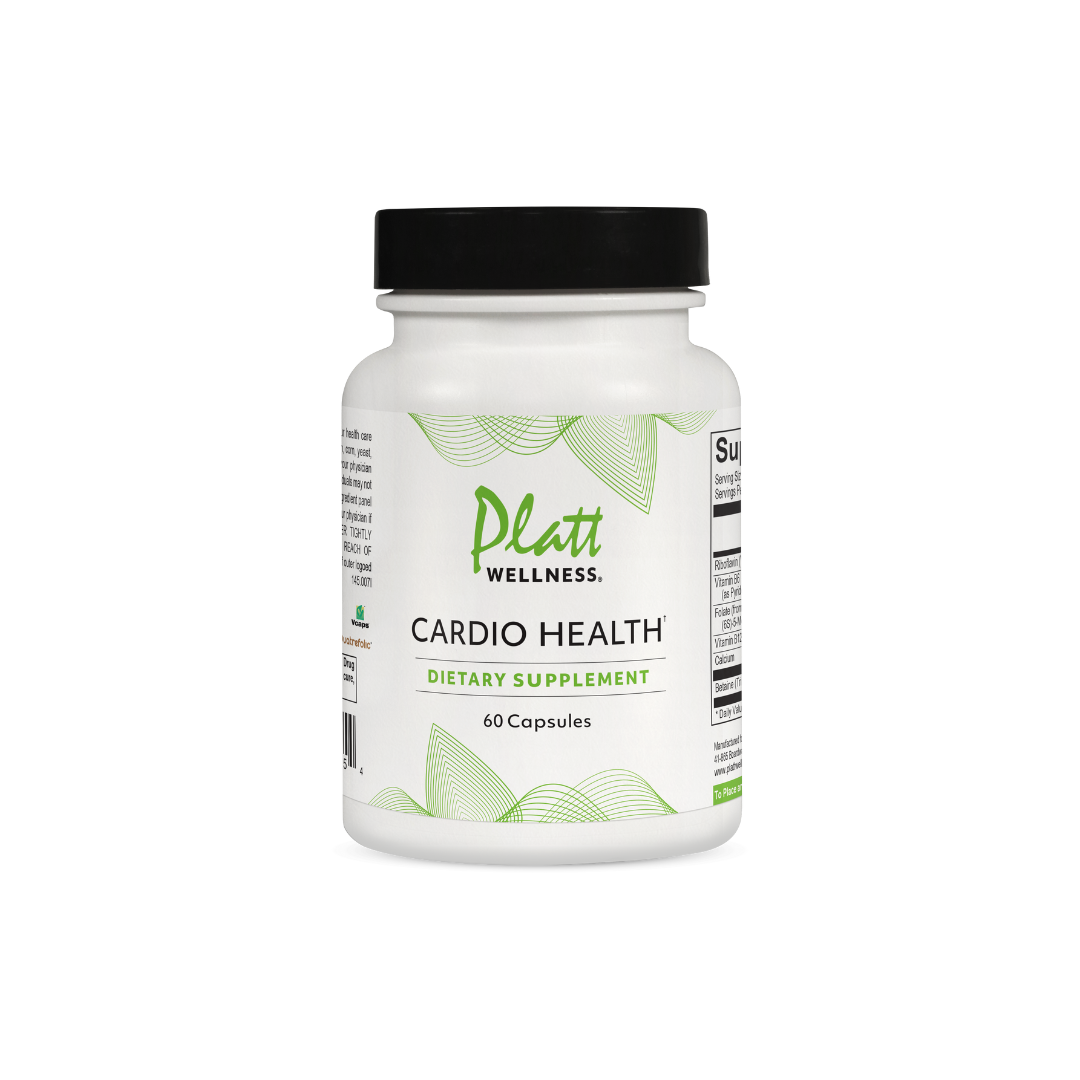
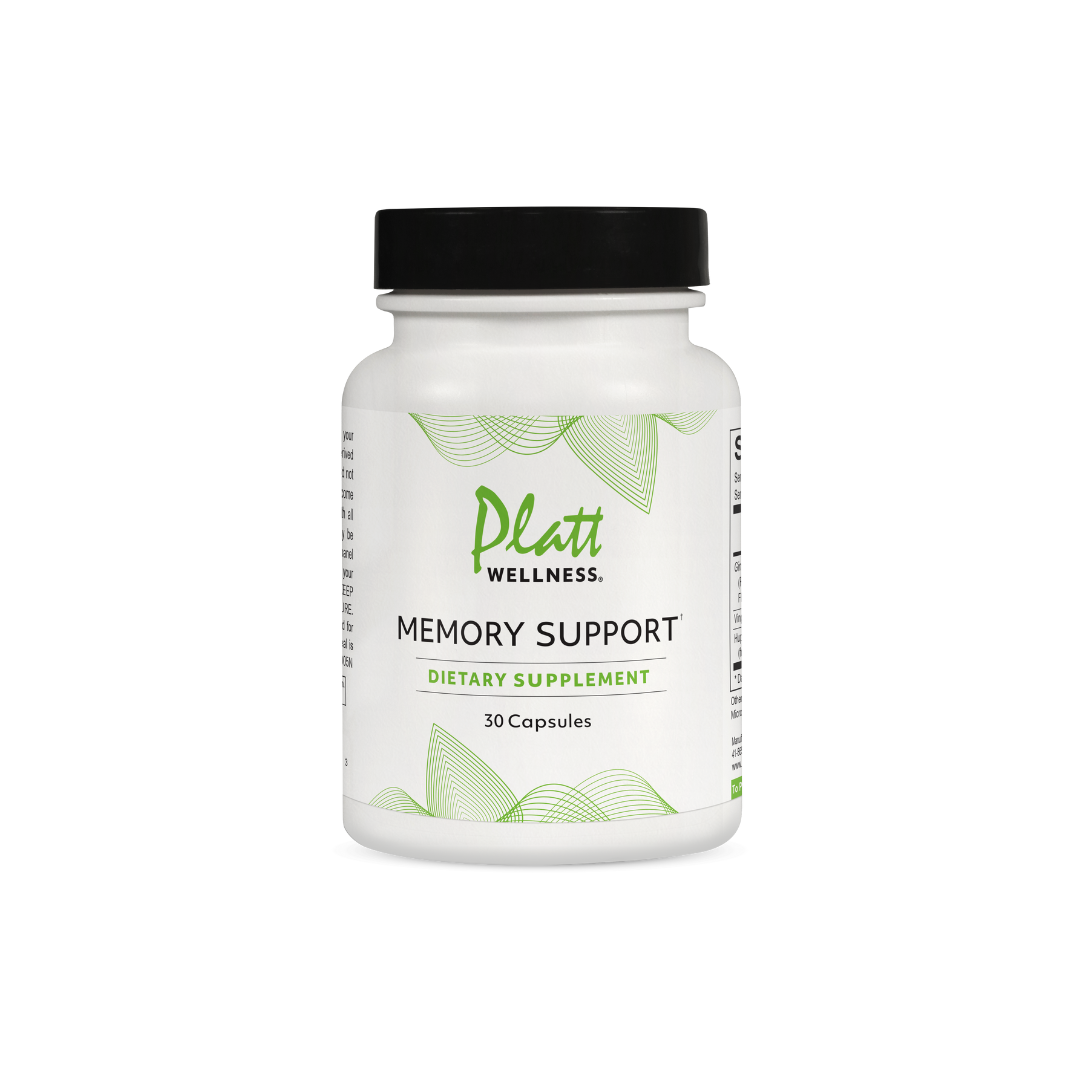
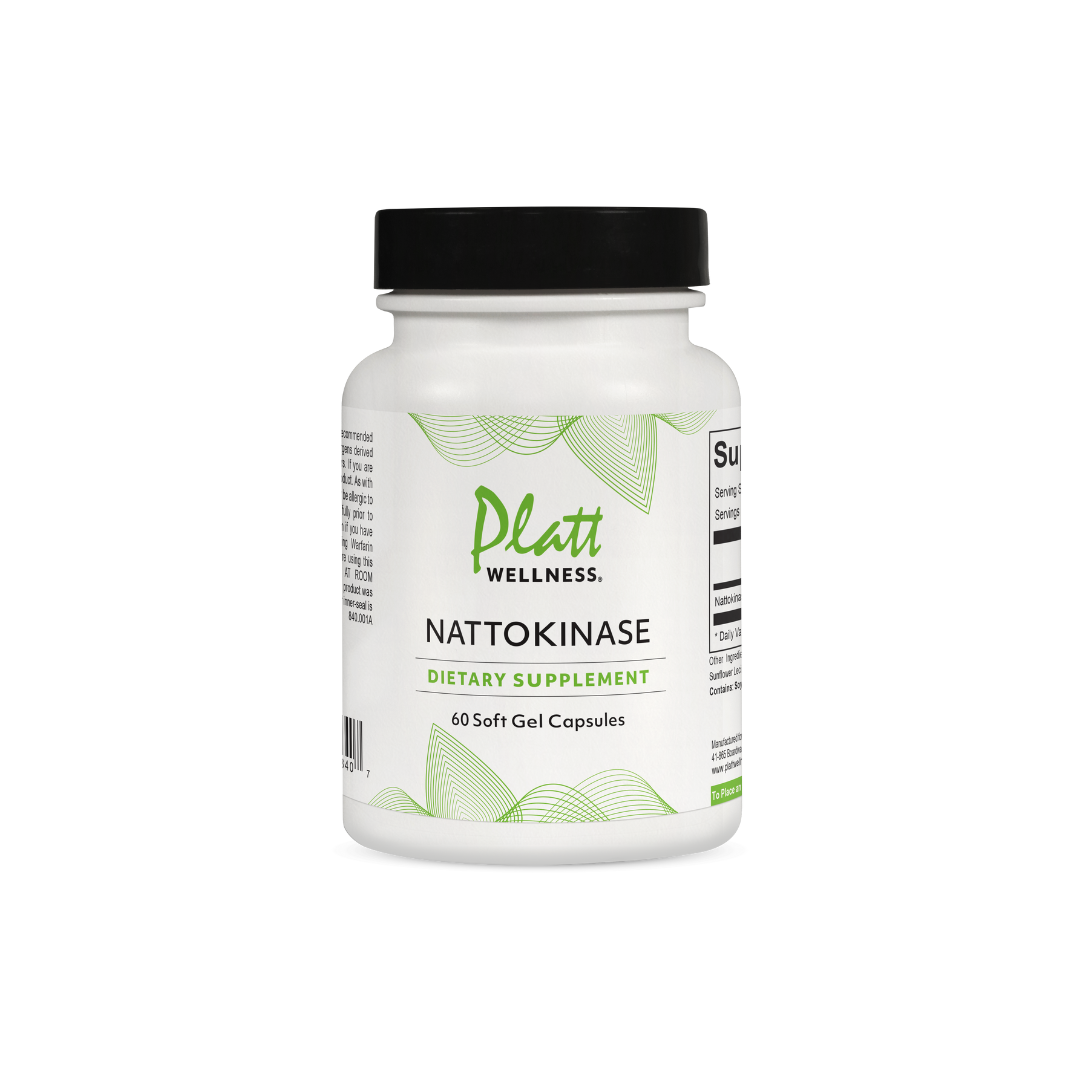
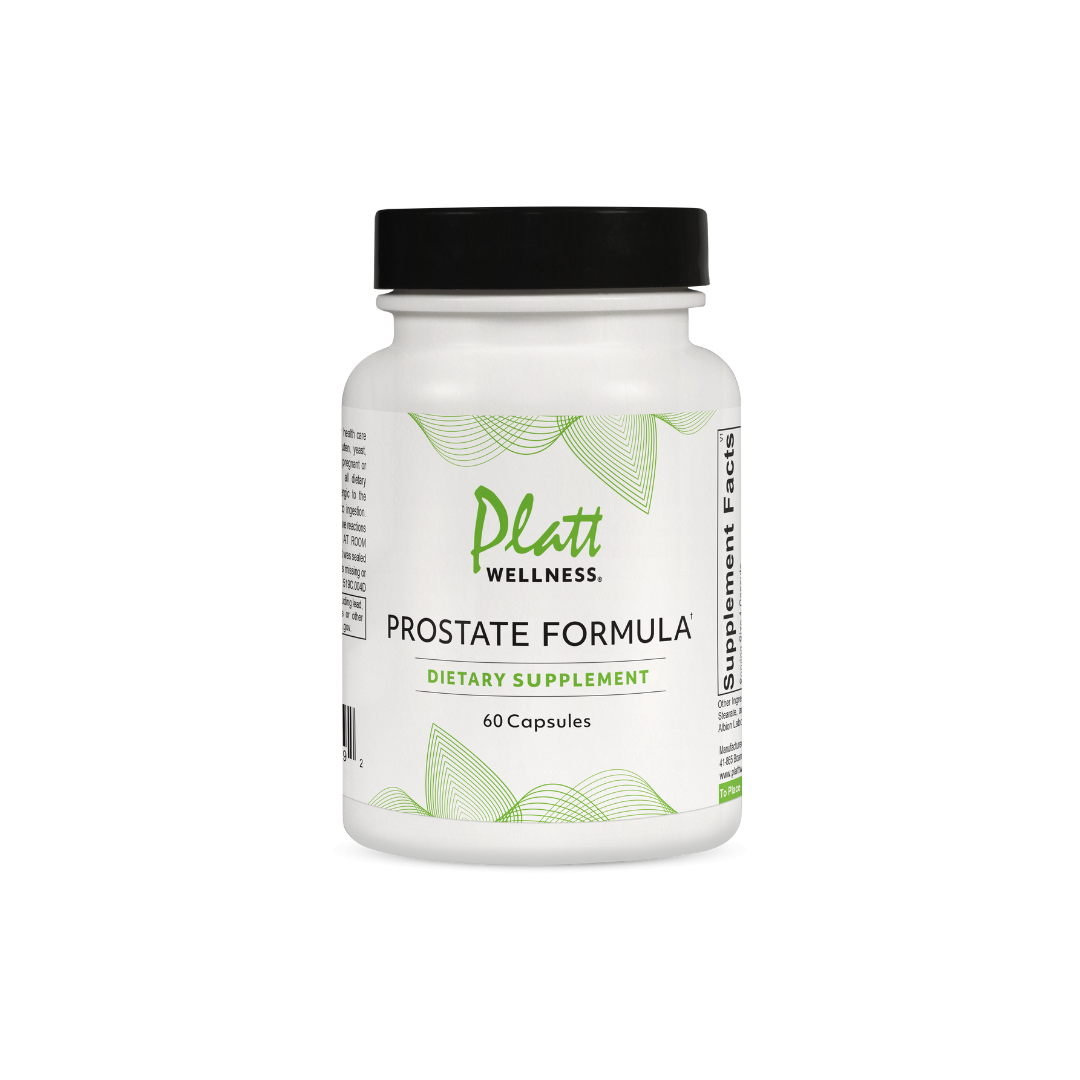




Dr Platt I what is the dose for an 85lb 9 year old boy? I believe this is my sons solution and have read previously about this. I’ve given it to him at night before when he couldn’t sleep and it helped. Thank you
Unfortunately, oral progesterone goes through the liver and converts into another hormone called allopregnaneolone.
It is always prescribed at night because it causes sleepiness. It will not help with focusing during the day.
If he is unwilling to use the cream, is he willing to eat vegetables and incorporate MCT and coconut oil into his meal plan?
The alternative to the cream, depending on his behavior, is the use of Ritalin, or Adderall, or Strattera – drugs that numb
the brain and have sudden death as a side effect.
There are no published papers on this topic. I am the only doctor in the country who approaches ADHD from the cause.
Every one else uses Band-Aids. By the way, if your son has ADHD, he got it from one or both of his parents. And please
remember, the most intelligent, creative, and successful people have ADHD. It is not a learning disorder; it is an interest
disorder. If he is interested, he will focus. By lowering or blocking adrenaline, he will be able to focus on everything, and
possibly become number one in his class.
My 13 year old son will not use the progesterone cream. Are there any published medical journal articles on this topic so that I could ask the Dr. for a pill prescription? Or would you advise against pills? I am aware of your struggles with the establishment, so if that means they wouldn’t publish your papers, I understand. Thank you!